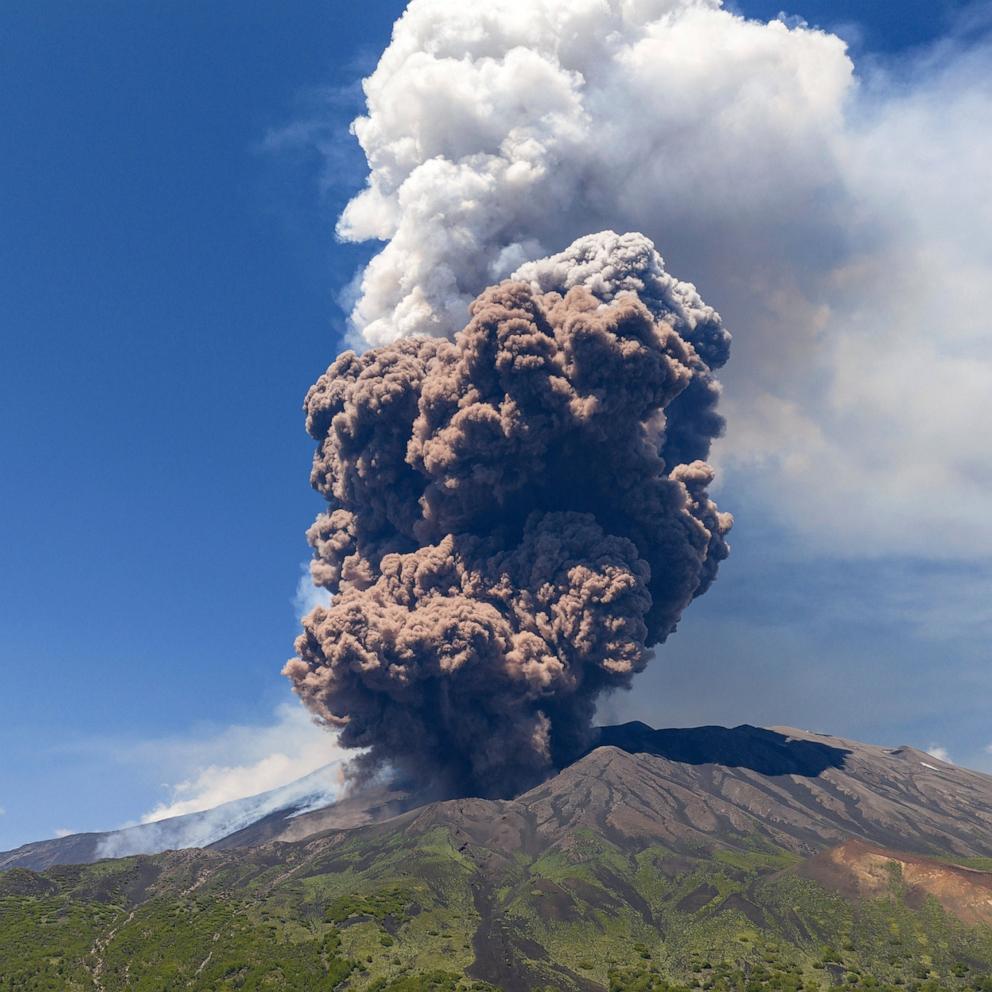Wildlife populations decline by 73% in 50 years: Study
LONDON -- The average size of global wildlife populations have declined by 73% in 50 years, a new study by the World Wildlife Fund has found.
The study, titled the 2024 Living Planet Report, monitored wildlife populations of 5,495 species of amphibians, birds, fish, mammals and reptiles between 1970 and 2020. Its findings reveal declines in “every indicator that tracks the state of nature on a global scale."
“The findings of this report are alarming,” said Anke Schulmeister-Oldenhove, the senior forest policy officer at the WWF. “EU consumption continues to be a major driver of global biodiversity loss, particularly in critical ecosystems like the Amazon, which is nearing an irreversible tipping point.”
The study found that freshwater populations suffered the "heaviest declines," falling by 85%. This was followed by terrestrial populations, which declined by 69%. Marine populations were found to have declined by 56%.
Dr. Kirsten Schuijt, the director general of WWF International, said in a statement, "Nature is issuing a distress call. The linked crises of nature loss and climate change are pushing wildlife and ecosystems beyond their limits."
At a regional level, the study found the fastest declines in Latin America and the Caribbean, where a “concerning” decline of 95% was seen. This was followed by Africa, where populations were found to have declined by 76%, and then Asia and the Pacific, where declines were 60%.
The "catastrophic" loss of species was found to have been driven primarily by human-related strains: Habitat degradation and loss – which the study says is driven primarily by the human food system – was found to be the foremost driver of population loss in every region of the world. This was followed by overexploitation, as well as invasive species and disease.
Climate change another major driver of population loss, although its impact was the greatest in Latin America and the Caribbean. Pollution was a major driver in North America, as well as Asia and the Pacific.
The study warns that "global tipping points" are highly likely if current trends continue.

“Nature is disappearing at an alarming rate,” reads the report. “While some changes may be small and gradual, their cumulative impacts can trigger a larger, faster change. When cumulative impacts reach a threshold, the change becomes self-perpetuating, resulting in substantial, often abrupt and potentially irreversible change. This is called a tipping point.”
The report warns that the world is falling short of global goals, coming just head of the United Nations Biodiversity Conference (COP16) in Cali, Colombia, later this month.
“This is going to be a great opportunity for one of the most biodiverse nations in the world. This event sends a message from Latin America to the world about the importance of climate action and the protection of life,” said Susana Muhamad, Colombia's minister of environment.
Dr. Schuijt of the WWF added: "The decisions made and action taken over the next five years will be crucial for the future of life on Earth."



